10 greatest inventions of mankind
This is one of those subjective lists that some people will agree with and some will not. I understand, because all the great and significant inventions will not fit into one rating. I chose those that, in my opinion, are the most significant for the modern world. Feel free to share your thoughts in the comments.
Modern plumbing
Plumbing devices and communications are used to remove wastewater and provide buildings and structures with clean water. In places where people live compactly, for example, apartments in high-rise buildings, you cannot do without them at all. Without this invention, we would still live in small dirty cities with low-rise buildings. A high-rise building will not function without utilities and plumbing. Can you imagine the modern world without all this?
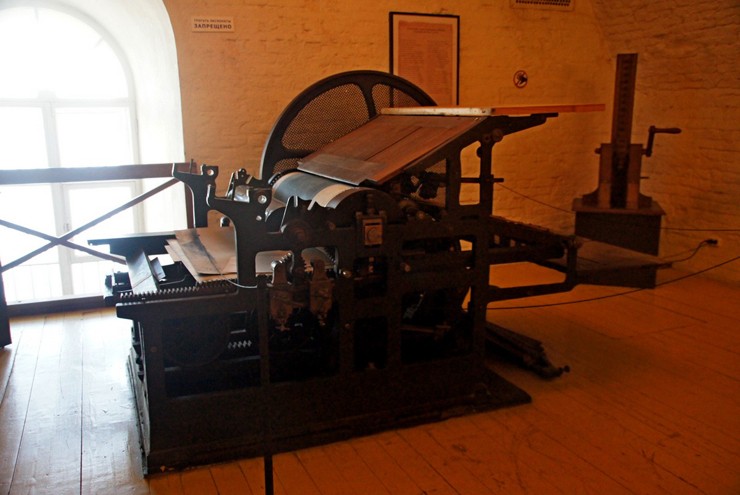
The printing press, apart from manuscripts, was the first known means of communication and information transfer. His discovery was a real scientific breakthrough. Johannes Gutenberg attributes the invention of the first printing press to one of the ancient civilizations of Western Europe. Screw presses for olives and wine have been known in Europe since Roman times, presses for binding handwritten books were also in use. It is this technology that has been transformed for printing. Thanks to this invention, it was possible to produce printed products on an industrial scale.
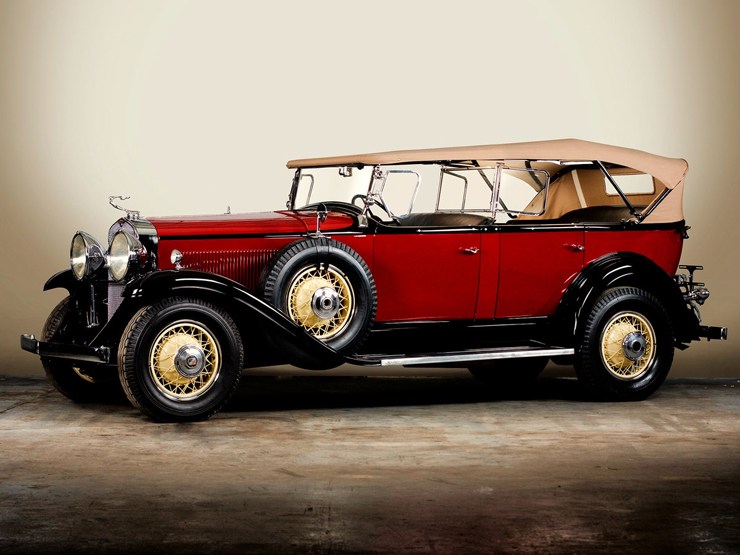
In 1769, the very first self-propelled road vehicle was invented by the French mechanic Nicholas Joseph Cagnot. But this "self-propelled carriage" was driven by a steam engine. In 1885, Karl Benz designed and built the world's first car with an internal combustion engine. In 1885, Gottlieb Daimler adopted the experience with the internal combustion engine, improved and patented it. It is this patent that is recognized as the prototype of a modern engine, and later served as the basis for the world's first four-wheel vehicle.

Back in 2500 BC. NS. people used pesticides to prevent damage to crops. The first known pesticide is simple sulfur dust, which was used by the Sumerians about 4500 years ago. By the 15th century, toxic chemicals such as arsenic, mercury and lead were used to kill pests. And in 1939, Pavel Müller discovered that DDT is a very effective insecticide. It quickly became the most widely used pesticide in the world. However, in the 1960s, it was discovered that DDT had killed many of the fish-eating birds found in waterways near crops, and DDT posed a huge threat to biodiversity.
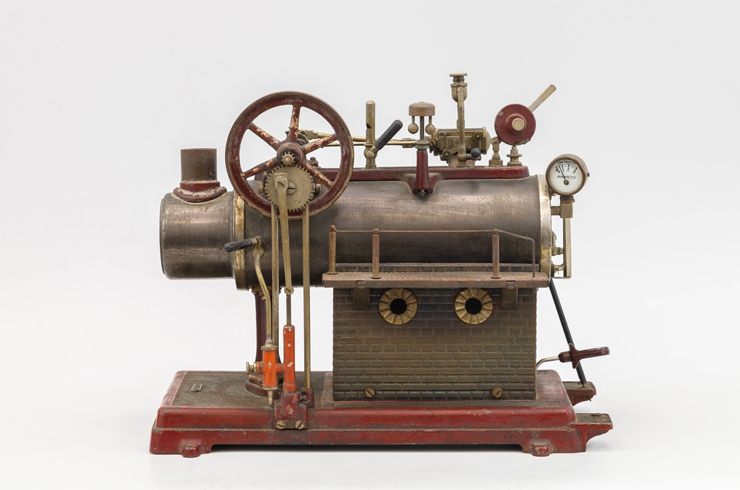
Thomas Severi, an English military engineer and inventor, patented the first steam engine in 1698. Newcomen invented the atmospheric steam engine based on the invention of James Watt in 1712, a huge breakthrough in the Industrial Revolution. His Centrifugal Regulator kept the engine running at the required speed and became such a simple and elegant modification of the first patent that it can rightfully be considered one of the best ideas of all time.

In 1837, Charles Babbage became the first to comprehend reality and develop a fully programmable mechanical computer, which he called the "analytical engine." Due to limited funding and a lack of provision, Babbage never built his analytical apparatus. Large-scale, automated data processing was first performed for the 1890 US Census. For this, a number of machines were released, designed by Hollerith and manufactured by the Tabulating Recording Corporation, which later became IBM.
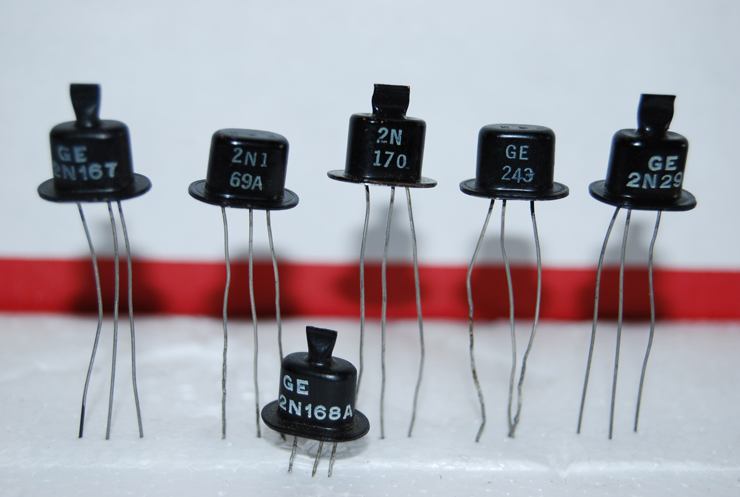
The transistor is the fundamental block of microcircuits that controls the operation of computers, cell phones and the rest of the inventions of modern electronics. On December 16, 1947, William Shockley, John Bardeen, and Walter Brattain invented the first transistor at Bell Labs. This work was carried out in the framework of the arms race to produce a device for pure information transmission. It was used in radar units as a frequency mixer element in a microwave radar receiver.

Plastic consists of organic condensation or additive polymers, and may also contain other substances to save or partially change its properties. There are several natural polymers. The first plastic made from a synthetic polymer was made from phenol and formaldehyde. Moreover, the first viable and cheap synthesis methods were invented by Leo Hendrik Bakeland in 1909, and the product is known as Bakelite. Subsequently, polyvinyl chloride, polystyrene, polyethylene, polypropylene, polyamide (nylon stockings), polyesters, acrylic, silicone, polyurethane were among the many plastics with great commercial success.
Electricity, voltage
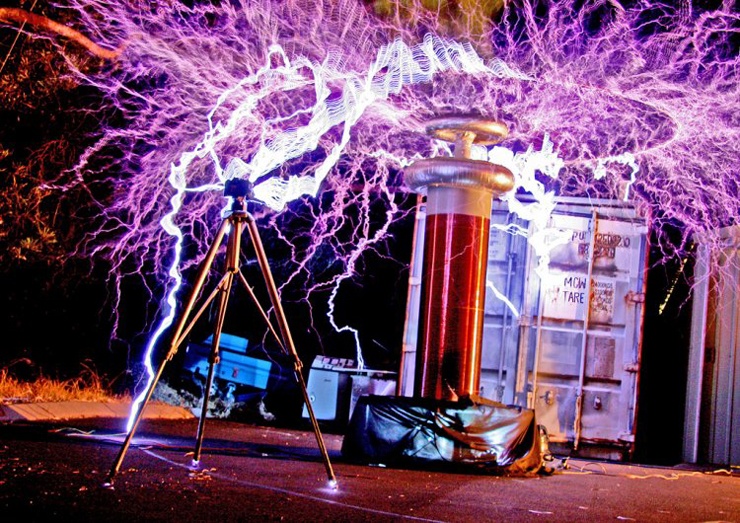
Electricity has always existed, but the system of devices needed to create and distribute this power was the greatest invention. These devices were first designed and constructed by Edison. He effectively converted electricity into a tradable commodity, and his Pearl Street station became the world's first power plant. Nikola Tesla's discovery of alternating current (AC) made it possible to transmit electricity over long distances, leading humanity to the technology we know today. Now every person, in any part of the world, can connect to the network to power any device, from a light bulb to a computer.
Immunization / Antibiotics

Three centuries ago, almost every second died from infectious diseases. When the plague broke out in 1347, it wiped out nearly half of Europe in just 2 years. Smallpox, which hit the North American population, reduced the native population by about 90 percent over the course of a century. Back in 1800, tuberculosis was the leading cause of death in the West. Hardly anyone died of old age then, infections were one of the reasons for such reverence of the elders. Today, old age is no longer so rare, many people live to be 70 years old. Yet 73 percent of people die of heart failure, cancer and stroke because new drugs are needed.
Share on social media networks
